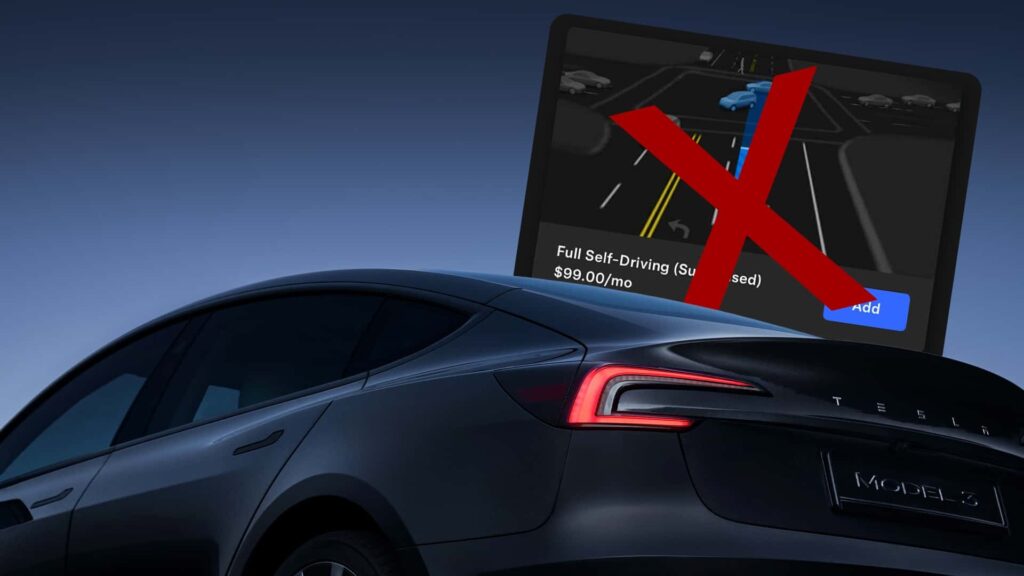In today’s world, consumers are bombarded with subscription services left and right. From streaming platforms to fitness apps, the last thing anyone wants is another monthly charge on their credit card. And yet, automakers are now jumping on the bandwagon, offering in-car subscriptions for various features and services.
Car brands are eager to transform their vehicles into rolling app stores, offering everything from heated steering wheels to supervised full self-driving for a monthly fee. However, despite automakers’ enthusiasm for this model, a recent survey has revealed a growing trend among consumers who are reluctant to pay for in-car subscriptions.
According to S&P Global Mobility’s 2025 Connected Car Study, only 68% of drivers are willing to consider paying for connected car services. This number has decreased from 86% in the previous year, indicating a decline in consumer interest in these subscription-based services.
The survey also highlighted some key reasons behind this reluctance. Cost was cited as the primary factor preventing consumers from using connected car services, with many respondents expressing frustration over paywalled features and multiple paid tiers. Additionally, some consumers felt that their smartphones already offered similar functionalities, making in-car subscriptions seem redundant.
Data privacy emerged as another major concern among survey respondents. Many consumers were wary of how their driving data was being collected, stored, and used by automakers, raising fears of potential misuse or unauthorized access. The lack of transparency in data policies and security vulnerabilities in connected cars further fueled consumer distrust in these services.
Despite these challenges, automakers remain determined to push forward with in-car subscriptions. By collecting data and testing different features, they hope to identify services that consumers find valuable enough to pay for. This approach allows automakers to improve profit margins, cut out third-party revenue channels, and tap into new streams of income through customer data.
However, the success of in-car subscriptions ultimately hinges on consumer acceptance. If consumers continue to resist paying for features already included in their vehicles or express concerns about data privacy, automakers may need to rethink their subscription models. By staying flexible and responsive to consumer preferences, automakers can navigate the evolving landscape of in-car subscriptions and potentially strike gold with innovative and appealing features.

